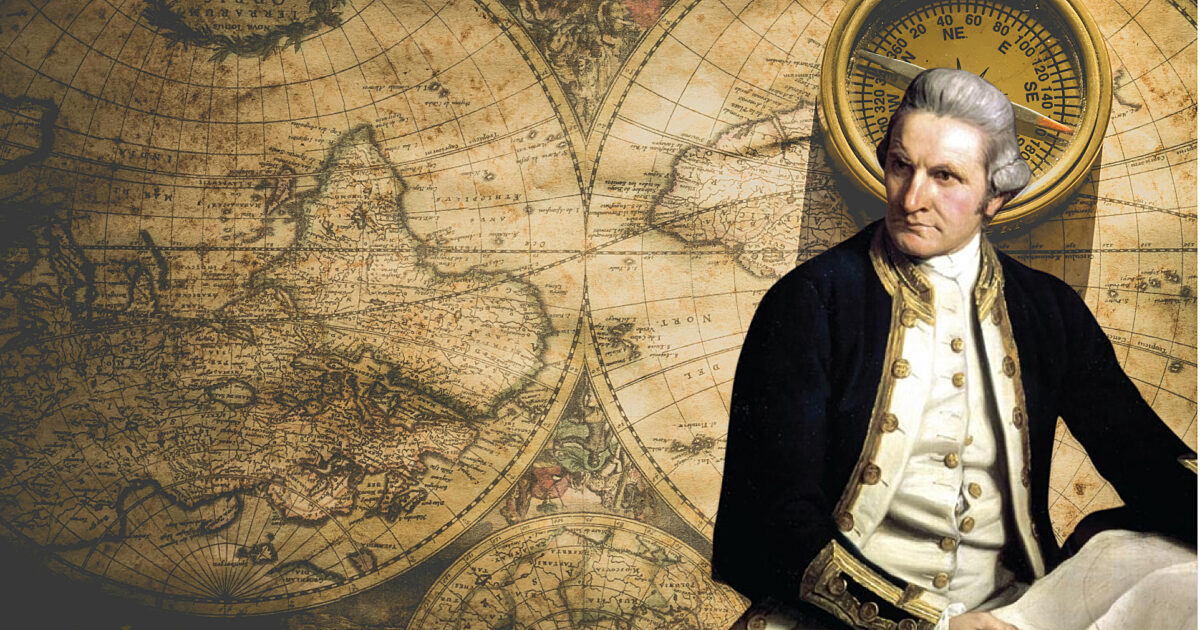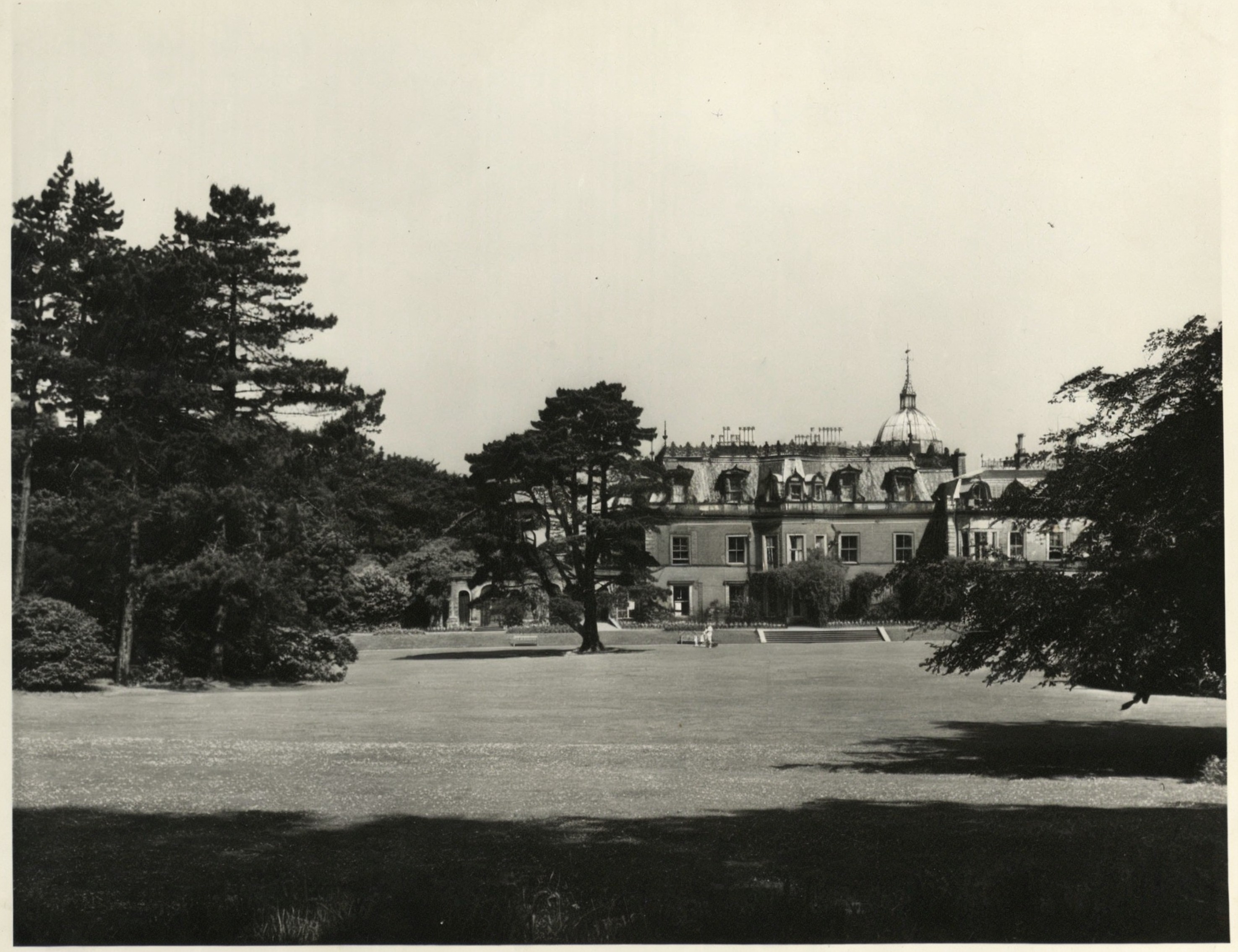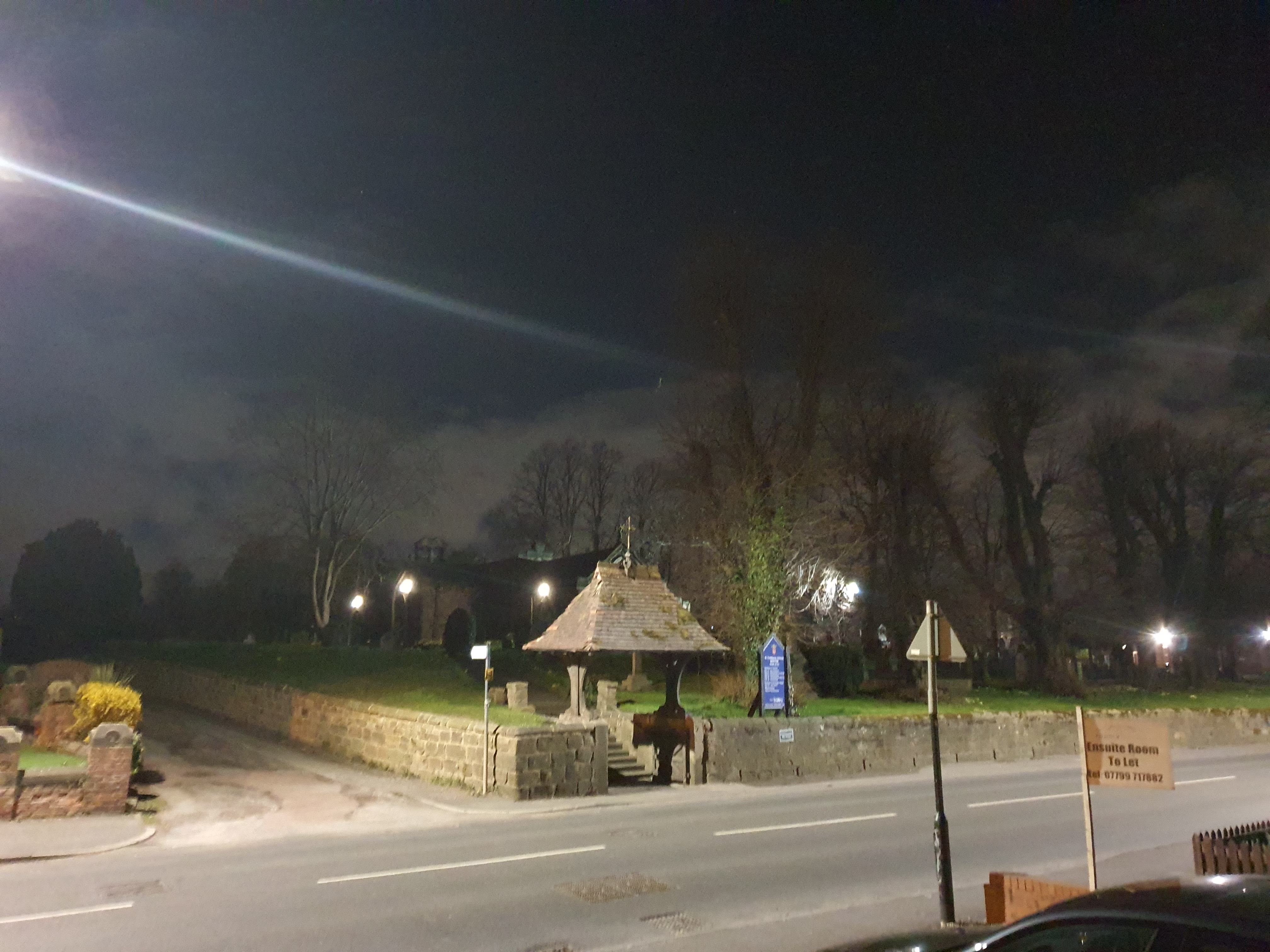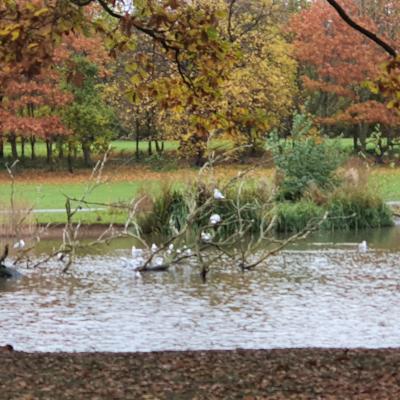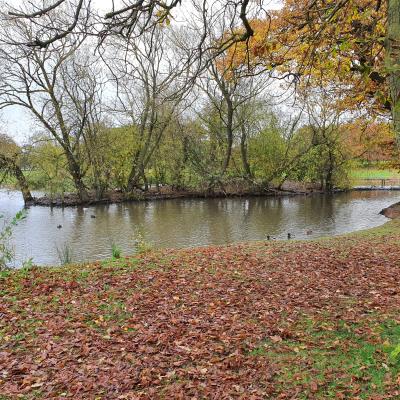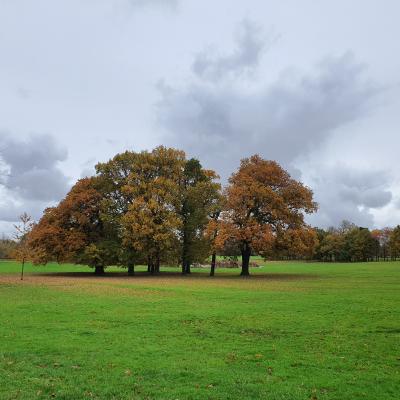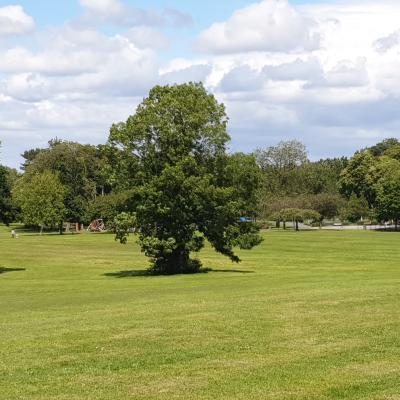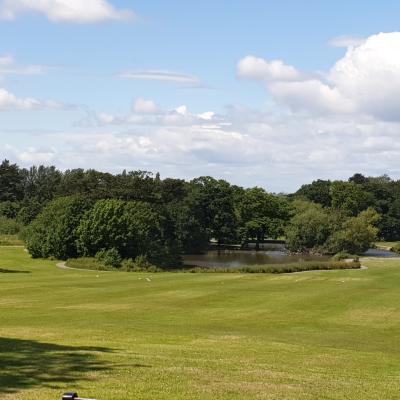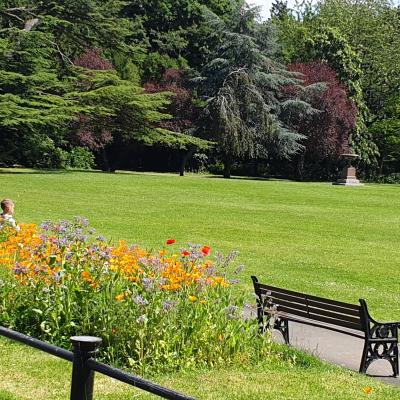It has been achieving great heights so far as its popularity and technological advancement are concerned.
It has been achieving great heights so far as its popularity and technological advancement are concerned. The history of video game is as interesting as a fairy tale. The quality of today’s video game was not at all there when video game first conceptualized and played ever.
Captain James Cook (1728–1779) was a British explorer, navigator, and cartographer whose voyages significantly expanded the geographical knowledge of the Pacific region. His life, from humble beginnings to his tragic death, is a story of ambition, discovery, and legacy.
Early Life
James Cook was born on October 27, 1728, in Marton-in-Cleveland, Yorkshire, England. He was the second of eight children born to James Cook Sr., a Scottish farm laborer, and Grace Pace, a local woman. The family moved to Great Ayton in 1736, where Cook's father worked on Airey Holme Farm. Cook attended the local school, where his father's employer, Thomas Skottowe, paid for his education.
As a boy, Cook developed a fascination with the sea, which would shape his future. At the age of 17, he left home to work as an apprentice in a grocery and haberdashery shop in the coastal village of Staithes. However, his time there was short-lived, as he soon realized his passion lay elsewhere.
Early Maritime Career
In 1746, Cook moved to Whitby, where he became an apprentice to John Walker, a Quaker shipowner involved in the coal trade. During his apprenticeship, Cook learned the skills of navigation, mathematics, and seamanship. He worked on Walker's ships, transporting coal along the English coast and across the North Sea.
After completing his apprenticeship in 1752, Cook joined the merchant navy and worked on trading ships in the Baltic Sea. However, in 1755, he made a pivotal decision to join the Royal Navy, seeking greater opportunities for exploration and advancement.
Royal Navy and Early Achievements
Cook's naval career began aboard HMS Eagle, where he quickly rose through the ranks due to his exceptional skills. During the Seven Years' War (1756–1763), he served on HMS Pembroke and participated in the capture of Quebec in 1759. His detailed charts of the St. Lawrence River were instrumental in the British victory and earned him recognition.
After the war, Cook was appointed to survey and map the coasts of Newfoundland. His meticulous work in charting the region's treacherous waters showcased his talent for cartography and brought him to the attention of the Admiralty and the Royal Society.
Voyages of Exploration
Cook embarked on three major voyages of exploration that would cement his legacy:
1. First Voyage (1768–1771): Commanding HMS Endeavour, Cook set out to observe the transit of Venus from Tahiti and to search for the hypothesized southern continent, Terra Australis. He charted New Zealand and the eastern coast of Australia, claiming the latter for Britain and naming it New South Wales.
2. Second Voyage (1772–1775): Aboard HMS Resolution, Cook ventured further south than any European before him, crossing the Antarctic Circle and disproving the existence of Terra Australis. He also explored the Pacific islands, including Tonga and Easter Island.
3. Third Voyage (1776–1779): Cook's final expedition aimed to find the Northwest Passage, a potential trade route through the Arctic. During this voyage, he became the first European to visit the Hawaiian Islands, which he named the Sandwich Islands.
Death
Cook's third voyage ended in tragedy. After failing to find the Northwest Passage, he returned to Hawaii in 1779. Initially welcomed by the Hawaiians, tensions arose after one of Cook's boats was stolen. In an attempt to recover the boat, Cook tried to take the Hawaiian chief Kalaniʻōpuʻu hostage.
On February 14, 1779, a confrontation broke out at Kealakekua Bay. Cook and his men were surrounded by a crowd of Hawaiians. During the skirmish, Cook was struck on the head and stabbed to death. His body was taken by the Hawaiians, who performed traditional funerary rituals. Parts of his remains were later returned to his crew, but the exact location of his burial is unknown. A monument now stands at Kealakekua Bay to commemorate his death.

Legacy
Captain James Cook's contributions to exploration, cartography, and science were unparalleled. His detailed maps and observations expanded European knowledge of the Pacific and influenced future explorers. While his encounters with indigenous peoples were sometimes marked by conflict, his voyages left a lasting impact on the world.
Would you like to explore any specific aspect of Cook's life or voyages in more detail?

